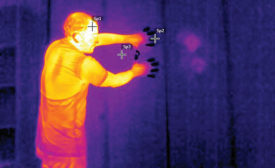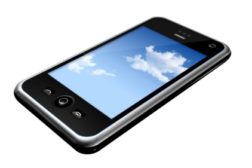Home » Keywords: » job-related stress
Items Tagged with 'job-related stress'
ARTICLES
From the NIOSH Director's Desk
The changing employment relationship and its impact on worker well-being
April 7, 2015
Americans stay digitally connected to work on weekends and vacations-
-and most say they like it
September 13, 2013
Combination of long hours, demanding jobs increases depression risk
Making changes reduces likelihood
August 16, 2013
Become a Leader in Safety Culture
Build your knowledge with ISHN, covering key safety, health and industrial hygiene news, products, and trends.
JOIN TODAYCopyright ©2025. All Rights Reserved BNP Media.
Design, CMS, Hosting & Web Development :: ePublishing






